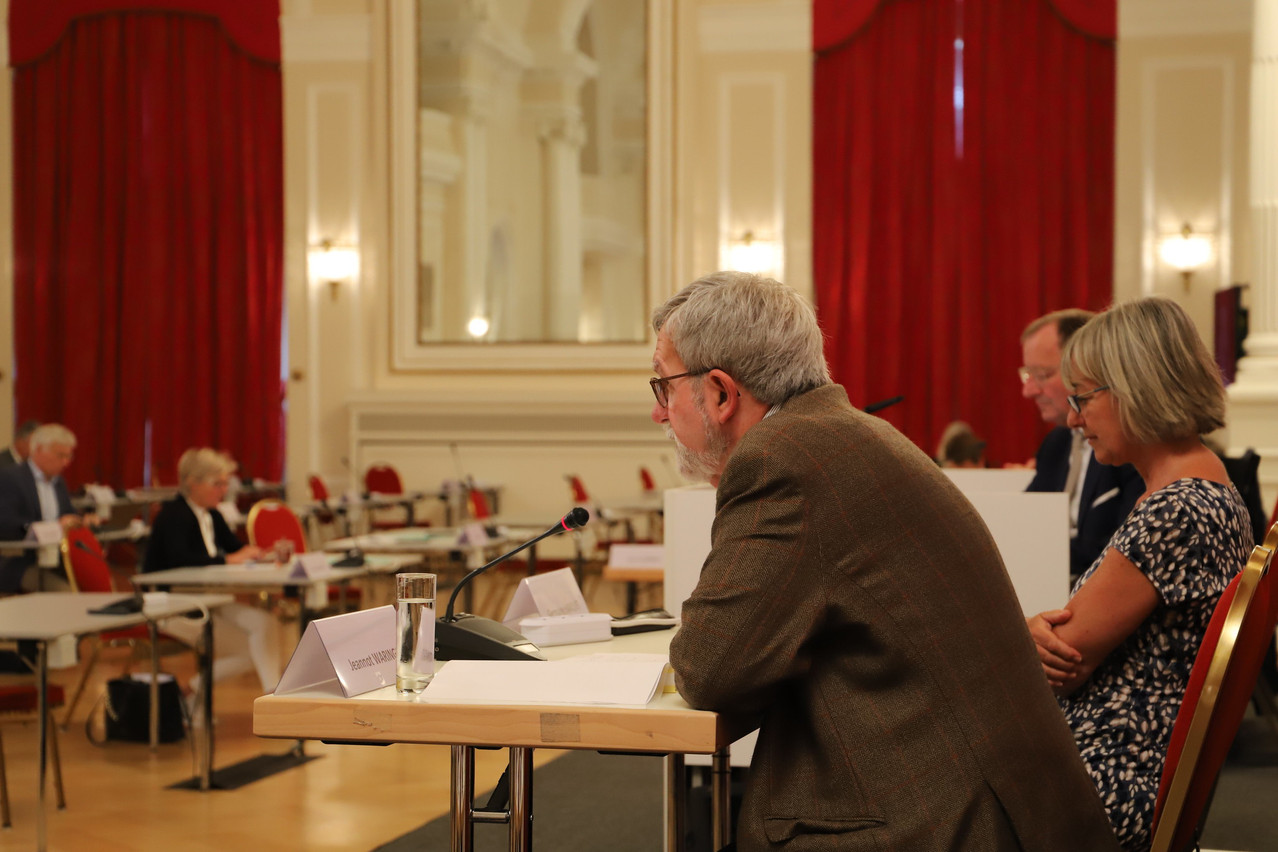Prompted by calls to investigate the source of a cluster of covid-19 deaths at the “Um Lauterbann” care home in Niederkorn, the 60-page report distilled the conclusions from visits to 11 facilities and conversations with 18 managers at 52 establishments.
Jeannot Waringo, a former civil servant, served as formal coordinator of a team commissioned by the government to deliver an “external and independent” study.
Among the (in French) was the fact that the number of cases in residential homes echoed the infection waves of the general population.
During the first wave, residents of nursing homes were less affected than during the second wave in November and December 2020 and spring of 2021. Overall, 40% of all deaths related to Sars-CoV-2 [editor’s note: there were 819 deaths at the time of publishing] impacted people in retirement homes.
The report could not prove the efficiency of non-pharmaceutical interventions on the infection rate, with one exception: it found that voluntary isolation of care home staff showed “conclusive results”.
One question that arose during Monday’s parliamentary discussions was whether the health recommendations issued to care homes were clear enough for facility managers.
The working group identified a certain level of “disarray” among managers, who were given some freedom to implement the recommendations and decide individually on the balance between “individual freedom of residents” and “health protection of the population”. The group pointed out that facility infrastructure differed hugely in terms of the presence of a garden and the size of the rooms and dining halls, all of which had an impact on the management response.
The report recommended clarifying the roles and responsibilities of each party and called for facility managers to use the current lull in the virus to put in place a minimum number of recommendations.
More generally, Waringo stressed that the study’s goal was to take stock of the situation and that it was easy to judge a situation after the fact.
A public debate is planned for parliament on Tuesday afternoon.
